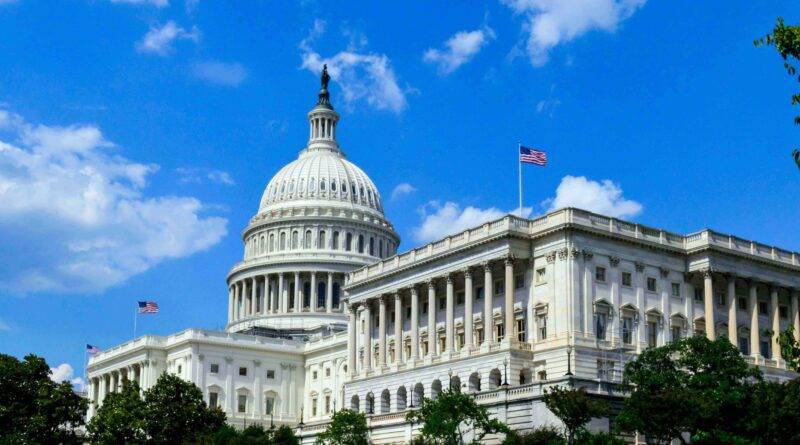A Look at How Federal Plans Could Make the Costs of Housing More Affordable
The Biden Administration has awarded $100 million in funding to support affordable housing development; here’s the impact it might have.
According to the Washington State Standard, the Biden administration has announced policies to address this strain on household budgets.
That includes $100 million in funding for a program to incentivize affordable housing production and streamlining loan application processes to expedite building more housing.
Some of those proposals – such as a cap on rent increases from corporate landlords – call for Congressional action, while others are rules and grants that can be done without legislative approval. The U.S. Department of Housing and Urban Development will also be finalizing a rule to allow different kinds of housing, such as duplexes and triplexes, to be built under the agency’s manufacturing and safety standards.
The Biden administration and the Harris campaign are making their housing policy case to the American people as Vice President Kamala Harris and former president Donald Trump compete for voters’ trust on economic issues. An August Financial Times/Michigan Ross poll shows that Harris is slightly ahead of Trump when it comes to who voters trust more on the economy, by one percentage point. Although that is a very small advantage, it is a change from July, when 35% of voters approved of President Joe Biden’s job on the economy compared to 41% for Trump.
Plans would cut red tape, but housing stock is still low
The administration’s plans to address supply and soaring prices also include repurposing federal land in Nevada and a cap on rent increases from corporate landlords, which would require Congressional action. Housing and homelessness experts say many of these changes are positive, particularly zoning changes, while others argue that a few of these actions are insufficient for the crisis at hand.
On Friday, Vice President Kamala Harris announced her plans for boosting housing affordability if she wins the presidency. Harris’ plans are similar to some of the Biden administration’s approaches to housing policy, with an emphasis on stopping corporate landlords from driving up rents and knocking down local zoning barriers to building affordable housing. She also announced a policy to provide up to $25,000 in payment assistance for first-time homebuyers on the condition that they paid rent on time for two years.
“We will take down barriers and cut red tape, including at the state and local levels, and by the end of my first term, we will end America’s housing shortage by building 3 million new homes and rentals that are affordable for the middle class,” Harris said at a campaign event in Raleigh, North Carolina on Friday.
Indivar Dutta-Gupta,who focuses on policy research and seminars at the Georgetown University McCourt School of Public Policy, applauded developments to make it easier and less costly to build affordable housing through the Pathways to Removing Obstacles to Housing program, which provides funding for communities getting rid of barriers such as “outdated” zoning policies and a “lack of neighborhood amenities.”


